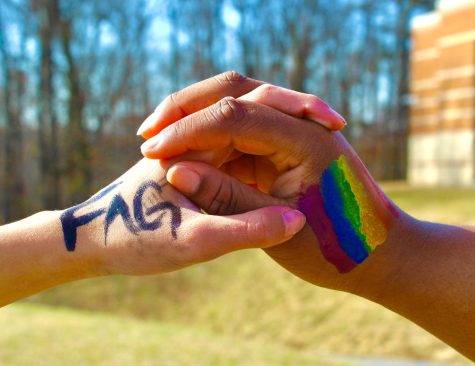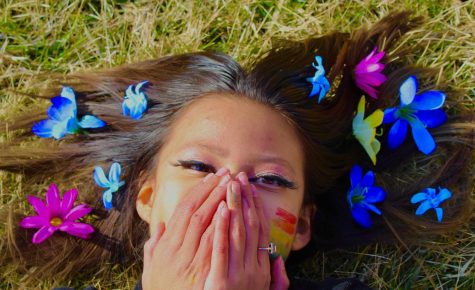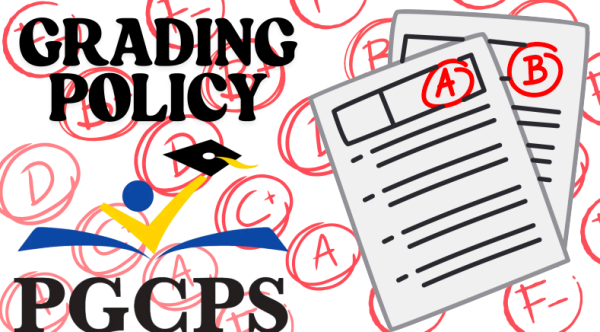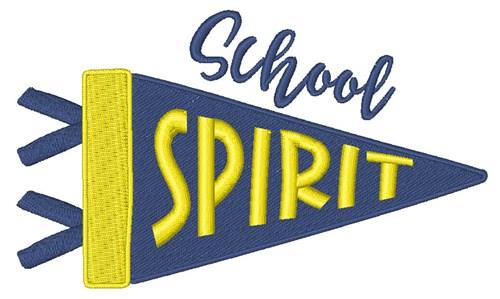The words we [don’t] say leave people feeling less than
*Trigger Warning for mentions of Slurs, Racism, Transphobia, Homophobia and Suicide*
Slurs, the derogatory terms that have affected minority communities for centuries. The effects of them, the people they are used on, and the hate they spread.
Nobody ever realizes how painful it is to hear them uttered whenever you are present in a room. Or when you’re walking by and some stranger gives you a look and yells the N word because they noticed the color of your skin.
Slurs confine people to just one standard, then another standard, until you have a mountain of standards that nobody can climb because society adds more snow to the top of the mountain every time someone gets close, and every time someone manages to let go of the mountain, finally letting go of what society has pushed on them, accepted themselves and their identity, it starts to snow again.
Hearing a slur is one thing, but saying a slur is a completely different story.

¨I feel like people don’t understand the severity of slurs because they just think of it as jokes,¨ an anonymous source said. ¨ People will joke around and not know that they’re hurting someone.”
Many are able to utter a slur because they don’t understand what it means to be called a slur, how it feels to be called a word you don’t even understand just because you’re different in an unchangeable way, so much so that some try to commit suicide.
The Trevor Project shows that at least one LGBTQIA+ person between the ages of 13-24 attempts suicide in the US. The Suicide Prevention Resource Center shows that suicide rates for P.O.C. go as high as 5.1 percent out of 100,000 people in the U.S.
¨Homophobic language is a common expression of verbal aggression (D’Augelli, 1992; Swim et al., 2008) that legitimizes and reinforces heterosexist norms and culture¨,Time.com reported. This could include the use of slurs like ¨f*ggot¨ or ¨tr*nny¨ or any other anti-LGBTQIA+ slurs promote homophobia, transphobia, etc.
This also connects to using ethnic slurs and how it promotes blatant racism, and how the use of ableist slurs like ¨r*tard¨ promotes ableism and the false idea that all neurodivergent people are unintelligent.
¨I do reclaim the N word since I am a Black person – as a trans queer person I do use the F and T slur sometimes but not in a way that I use it against others,¨ sophomore Jasper Thompson said.
Reclaiming slurs has been minority groups comeback at oppressors, as a way to reclaim their identities and build a stronger community to thrive in. They have made it so that the oppressors are the ones ridiculed for uttering a slur, rather than the minority getting ridiculed for being called a slur. Reclaiming slurs is completely okay, however if it’s not your place to reclaim that slur, you’re only saying a slur.

Not many people understand the inherently derogatory language that slurs carry, it’s why some people will say that someone is being ¨too sensitive¨ about being called a slur even if the person didn’t mean it in a derogatory way.
Someone can be reclaiming a slur and have it not be derogatory when they do use it, however if someone outside of that minority is saying the slur, like a straight person saying the f slur or a caucasian person saying any ethnic slur, it’s inherently derogatory and disrespectful no matter what context it’s used in. Saying slurs that you can’t reclaim even if you don’t mean harm in it affects minority communities in seriously damaging ways.
Your donation will support the student journalists of Parkdale High School. Your contribution will allow us to cover our annual website hosting costs and publish some printed editions, as well.






